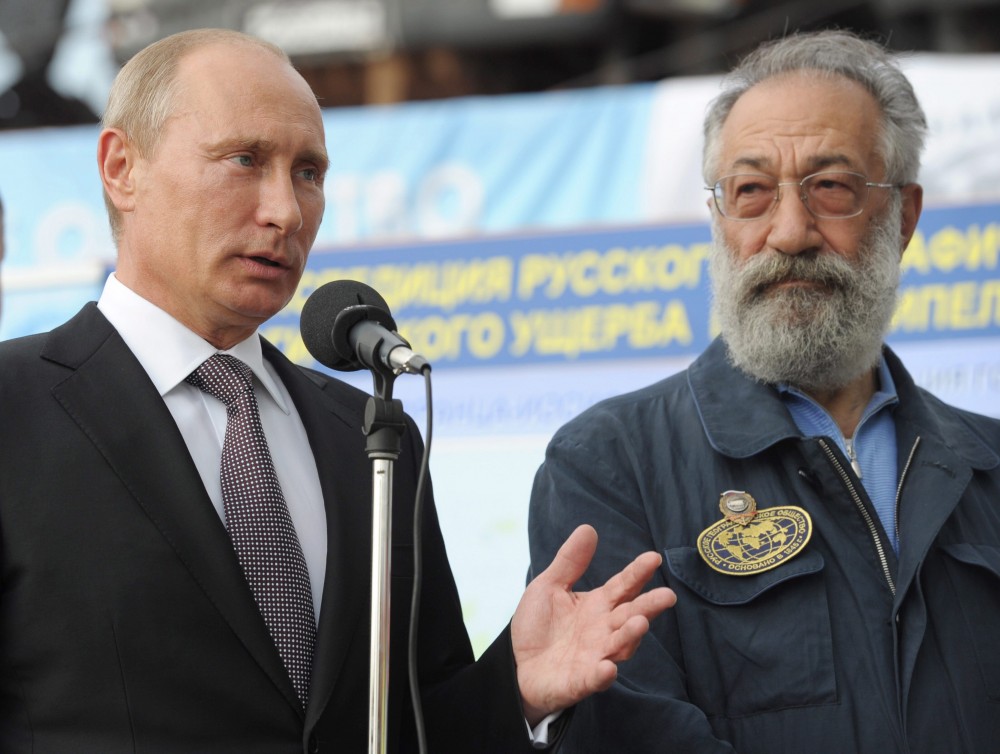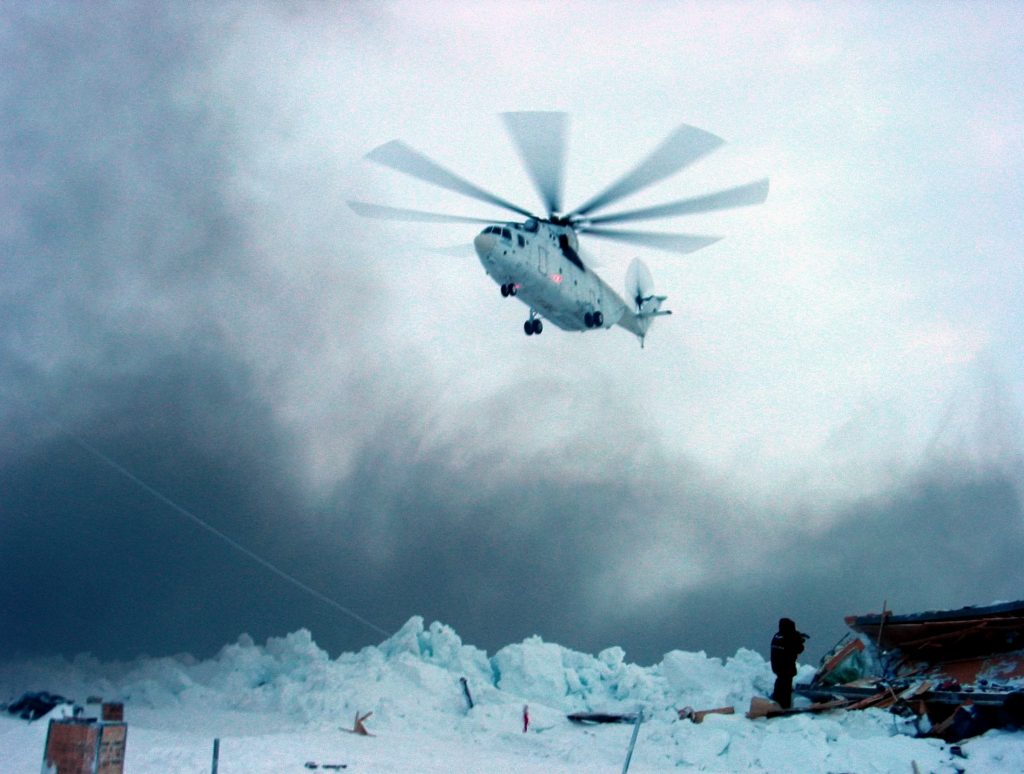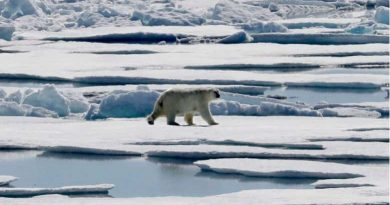Ice-based Arctic research station in jeopardy: Chilingarov

Unless the Russian Ministry of Natural Resources and Ecology comes up with 200 million rubles or about $2.8 million USD, there will be no Russian research station based on an ice floe in the Arctic this year, says Artur Chilingarov, President Vladimir Putin’s former special envoy to the Arctic, famous for planting the Russian flag on the sea bottom on the North Pole.
Chilingarov informed head of Russia’s Arctic Commission, Deputy Prime Minister Dmitry Rogozin about this during the commission’s meeting in Murmansk on Wednesday, TASS reports.
According to Chilingarov, a helicopter is ready to start searching for a suitable ice floe on March 18.
The Soviet Union and later Russia has had floating research stations in the Arctic since 1937, with a break in the years 1991-2003.
In the last few years, the research station would normally be set up on an ice floe in September-October. Some two dozens of scientists would spend the winter there, measuring climate and weather conditions.
In recent years, it has become increasingly difficult to find ice floes solid enough to support a station.

The last “real” ice station, “North Pole-40”, was established in October 2012, and had to be evacuated in May 2013, because the ice floe the base was placed on, started to break apart. The 16 scientists that had spent the winter on the floe had to be rescued by a nuclear-powered icebreaker sent out from Murmansk.
Russia did not set up any floating stations in 2013-2014 or in 2014-2015. In April 2015 they established a station called “North Pole 2015”, that only existed for four months.
Russian authorities in 2013 announced plans for construction of self-propelled, ice- strengthened floating platform to replace the natural ice floes for future research stations. 1.7 billion rubles (about $23.8 million USD) was allocated to this project, but since that, there has been no news about the platform.
Related stories from around the North:
Canada: “Last Ice” claims lives of researchers, Deutsche Welle’s Iceblogger
Greenland: Landmark UCLA study reveals melting of Greenland ice sheet from top to bottom, Blog by Mia Bennett
Iceland: Acid Arctic Ocean and Russell Brand?, by Deutsche Welle’s Iceblogger
Norway: Emissions speeding up Arctic Ocean acidification, Alaska Dispatch
Russia: Russia allocates €3,6 million to floating Arctic research stations, Barents Observer
Sweden: Sweden developes new space strategy, Radio Sweden
United States: Better technology stretches Arctic Alaska’s shrinking tundra travel season, Alaska Dispatch News



